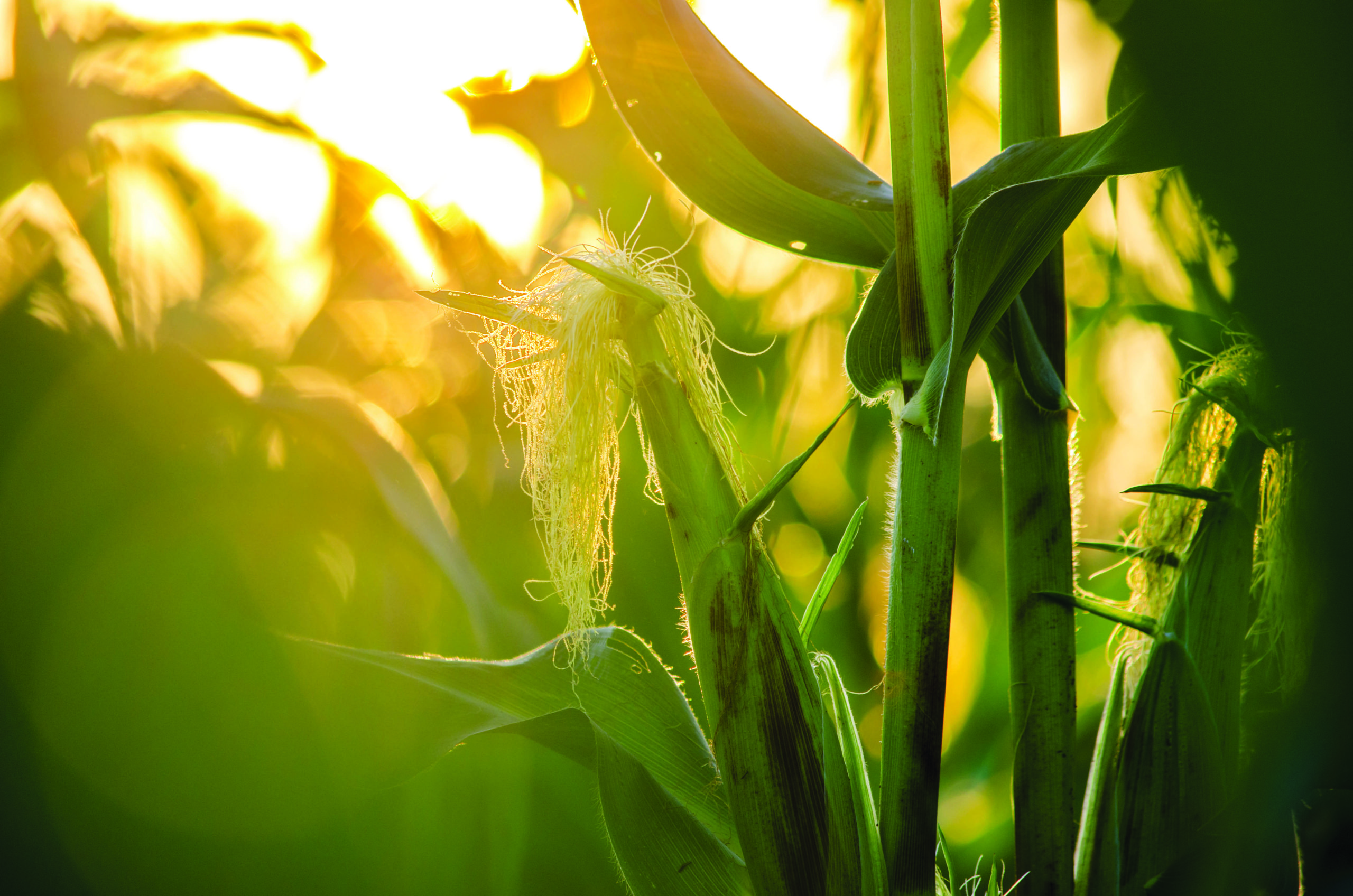As a combat engineer in Iraq, Mike O’Farrell spent his days scanning the roads looking for Improvised Explosive Devices (IED) serving the United States military to keep his fellow soldiers safe. Today, instead of hearing bombs explode, O’Farrell listens to noisy calves at feeding time and monitors calm cows meandering through the barn to be milked by robots.
MMPA members, O’Farrell and his wife Abbie, manage their family farm in West Branch, Michigan, where they milk 115 cows with two robotic milking units. O’Farrell also serves as the Vice President of the Michigan Chapter of the Farmer Veteran Coalition (FVC), a national organization whose mission is to mobilize military veterans to feed America.
FVC strives to cultivate a new generation of farmers and food leaders and developing viable employment and meaningful careers through the collaboration of farming and military communities. They believe that veterans possess the unique skills and character needed to strengthen rural communities and create sustainable food systems. The FVC also believes that agriculture offers purpose, opportunity and physical and psychological benefits to the veterans as well.
“As a veteran, I’ve learned that farming gives you your space and gives you the chance to be out in the open and it’s a slower lifestyle but it also keeps you busy, there is always something to do,” O’Farrell commented.
One of the ways he processed his experiences in Iraq was facing the challenges of a dairy farm and being able to stay busy, not dwelling on the past. “Being on the farm has helped me to move on. I believe in hitting challenges head on,” he revealed.
O’Farrell joined the FVC after being asked to serve on the board of directors and commented that the Michigan chapter is a fairly new organization and they are now developing educational programs to help the farmer/veterans get started in their businesses. “It’s quite a diverse group of farmers, they aren’t just dairy farmers, but we have sheep farmers and vegetable growers. It’s a huge array of people involved,” O’Farrell said.
In November 2006, William O’Hare and Bill Bishop of the University of New Hampshire’s Carsey Institute published a report showing that “rural families are paying a disproportionately high price for the wars in Iraq and Afghanistan.” A study confirmed for the first time what many already knew—ever increasing numbers of those enlisted in the US military had their roots in rural America.
The FVC was formed in 2007 when a California farmer, Michael O’Gorman, organized a meeting for farmers in California’s Central Coast to talk about creating jobs on their farms for returning veterans. The idea of opening up their farms to veterans appealed to those in attendance and the Farmer Veteran Coalition was born.
According to the Farmer Veteran Coalition’s website, over the next year, the small group of volunteers searched the country for other organizations with similar missions. Of 40,000 groups organized to help veterans nationwide, they could not find one with the mission of introducing veterans to agriculture and none that addressed the new dynamic that the military would be returning, in large numbers, to small towns across the country, far from the services available to veterans in more populous areas, and just as far, sometimes, from the type of career and lifestyle the veterans they worked with were wanting to pursue.

FVC provides educational programming and fellowship funding for veterans in the beginning years of farming or ranching.
Another program offered is the Homegrown By Heroes (HBH) program. HBH is the official farmer veteran branding program of America. The HBH logo serves to inform consumers that products donning the logo were produced by military veterans. The program is available to farmers, ranchers, fishermen, and value-added producers of all branches and eras of military service.
“One of the things we would like to see with FVC is partnering retired farmers with younger veterans who want to get into farming. I believe this kind of mentoring would be very valuable,” O’Farrell explained.
“I stumbled upon farming to help me cope and work through basic challenges and I believe if we teach people about this organization, we can help a lot of people who can benefit from being in agriculture,” O’Farrell concluded.
–Melissa Hart
Membership to the FVC is open to everyone, not just veterans. To find out more about the Farmer Veteran Coalition and their annual meeting in December please visit www.farmvetco.org. Details can be found at facebook.com/farmvetcoMI/ or by emailing Michigan@nullfarmvetco.org.
This article originally appeared in the November issue of the Michigan Milk Messenger.

